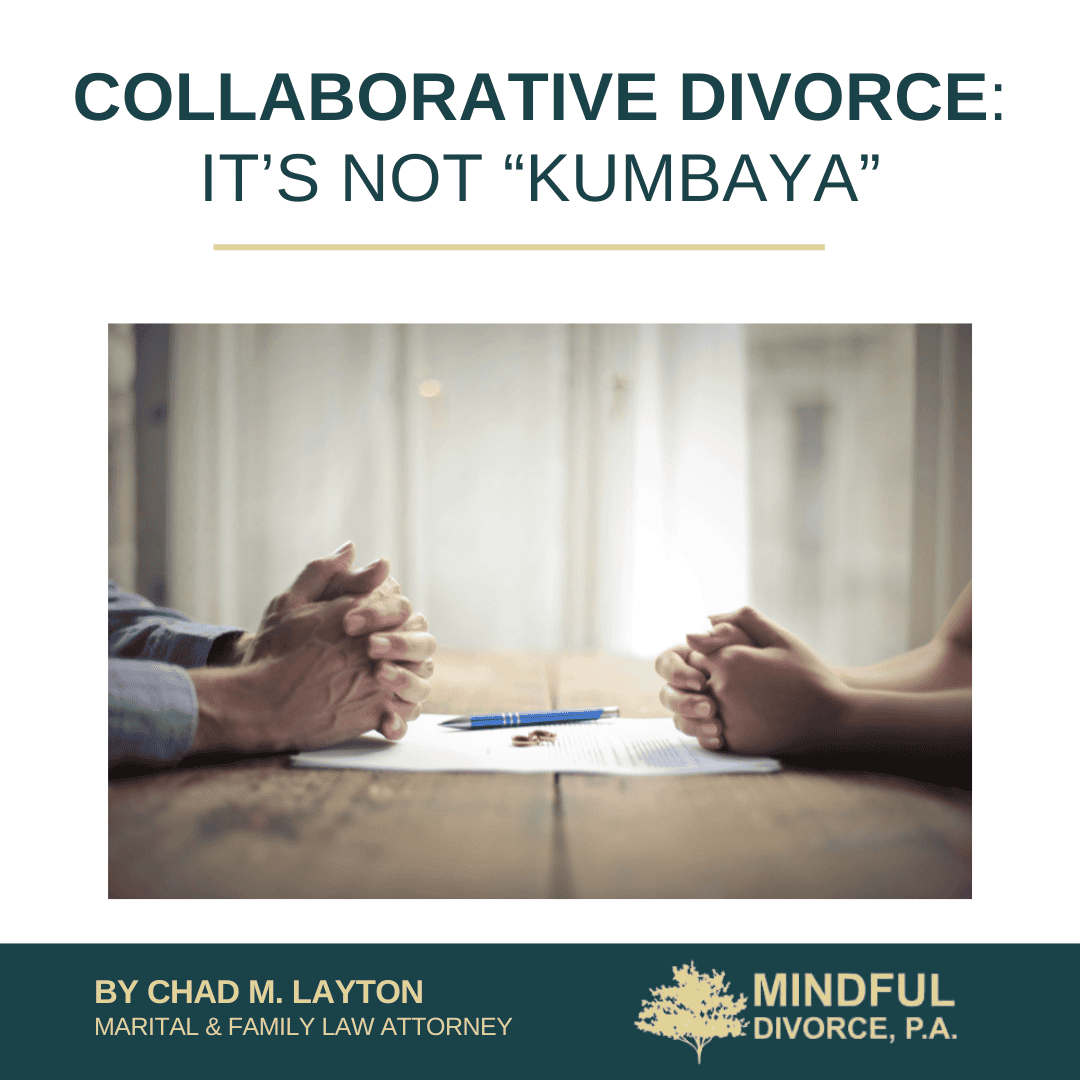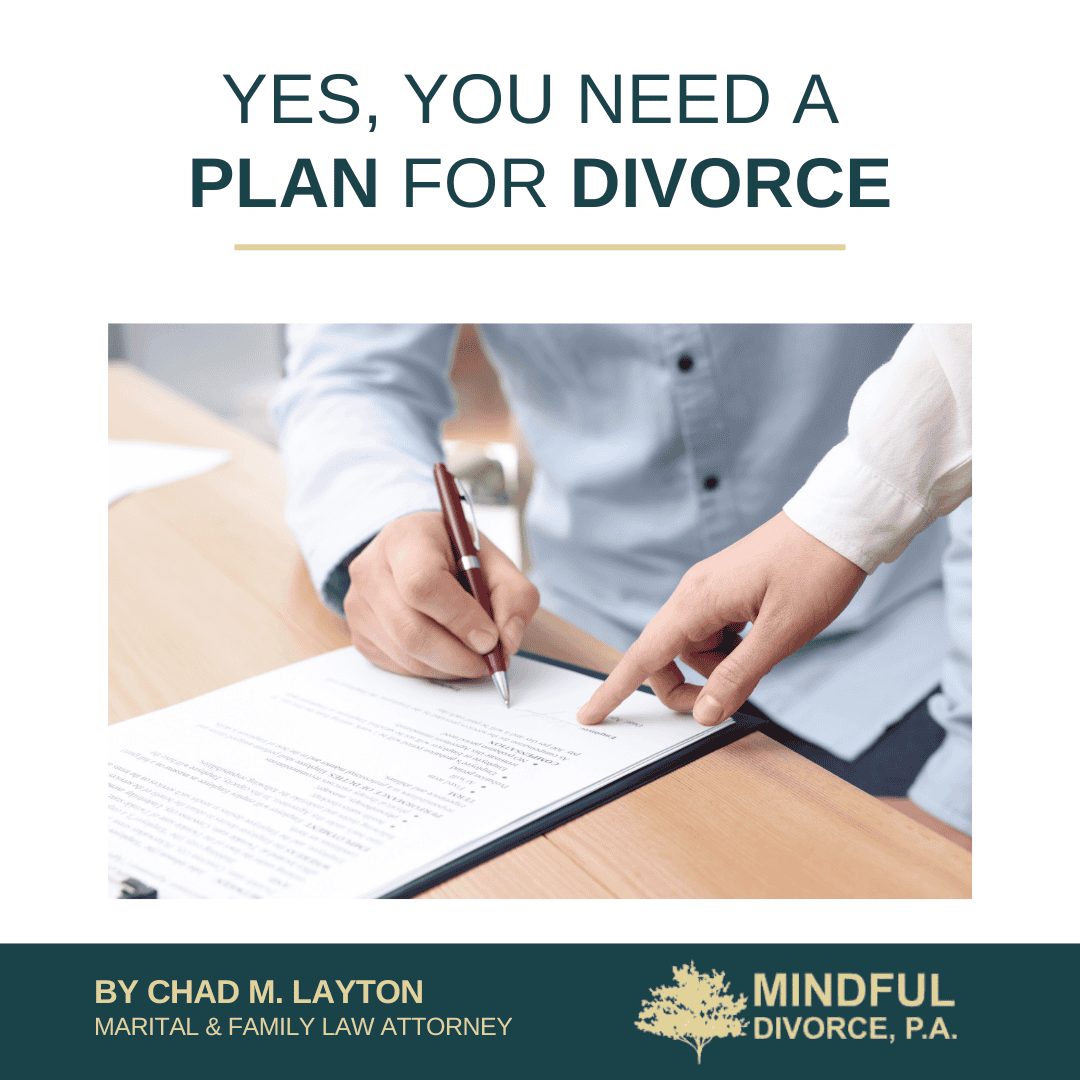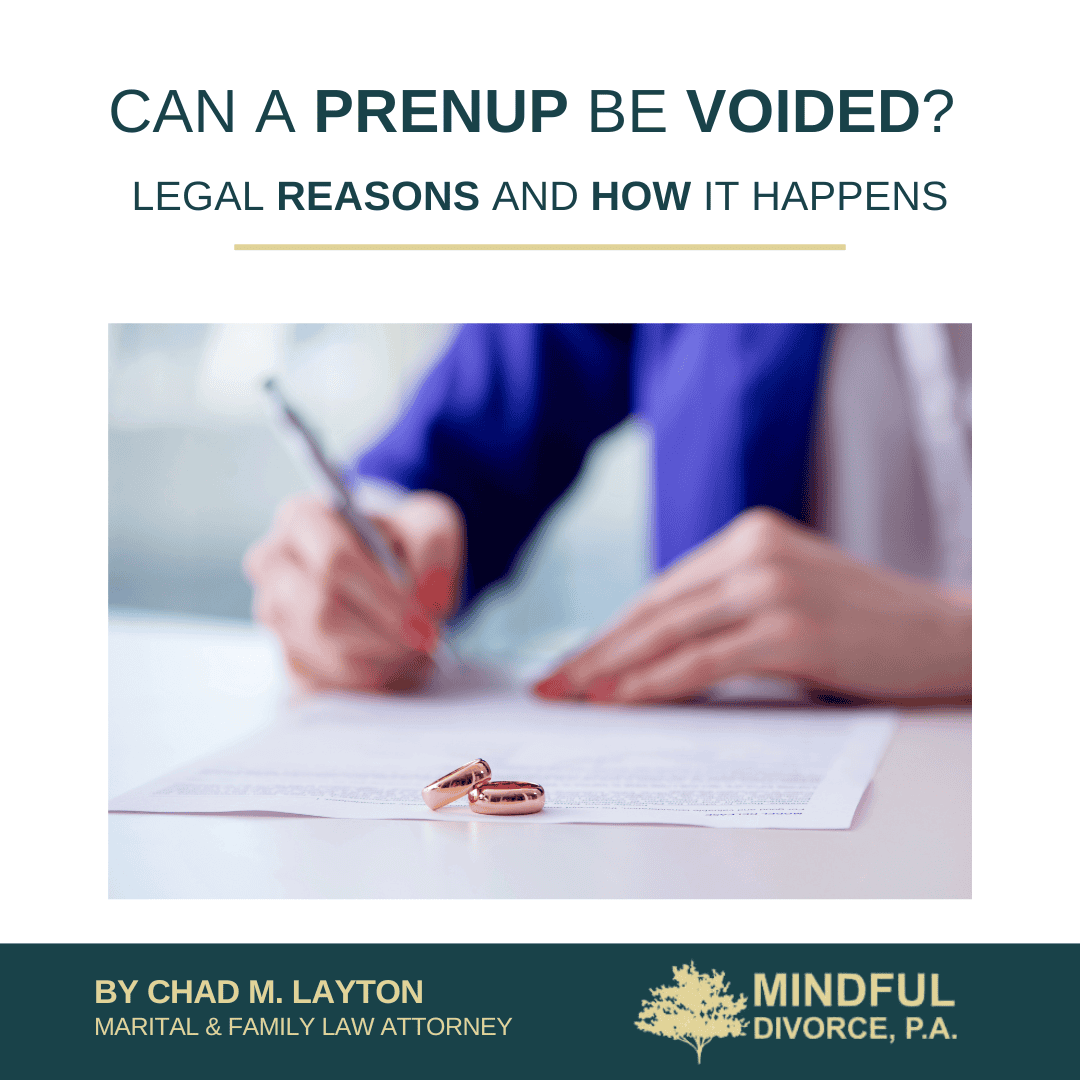
Life after divorce can already feel unsettled, and learning that your ex-spouse has passed away adds fresh uncertainty. Do child-support orders vanish? Who receives property that is still being divided?
At Mindful Divorce, P.A., we offer fixed-fee guidance that keeps surprises away and helps people stay focused on healing. This article walks through the Florida rules that come into play when a former spouse dies, giving you clear next steps without legal jargon.
Divorce Proceedings and Death: What Happens?
Let’s start with in-progress cases. When either party dies before the judge signs a final judgment, Florida courts treat the divorce as though it never existed. The docket is closed, and no further rulings can be issued.
If your case is still open, your lawyer should file a “suggestion of death” to tell the court that one party has passed. Once that notice lands with the clerk, the family-law judge loses power over the case; any remaining disputes shift to probate court instead.
Impact on Wills and Revocable Trusts
Florida Statute §732.507(2) wipes out gifts in a will that name a former spouse. In short, the document is read as if that person died on the date the divorce was finalized. The same approach applies to revocable trusts under Statute §736.1105.
Here is how that looks in practice:
- If your ex was listed as personal representative, that role passes to the alternate named in the document.
- Cash and property once earmarked for your ex flow to backup beneficiaries or, when none exist, into the estate residue.
- The trustee administers the revocable trust as though the ex-spouse had predeceased the settlor on the divorce date.
Both statutes allow couples to override the automatic revocation through clear language inside the will, trust, or divorce judgment. Without that language, the automatic rule controls.
Beneficiary Designations and Florida Law
Life insurance and retirement accounts pass by contract, not by will, and fall under Florida Statute §732.703. This statute removes a former spouse named on a designation form that was signed before the marriage ended, unless another law blocks that result.
Below is a snapshot of the covered assets and the big carve-outs:
| Asset Type | Former Spouse Removed? | Notable Exception |
| Life insurance policy | Yes | Designation made or confirmed after divorce |
| Qualified annuity | Yes | Designation made or confirmed after divorce |
| Employer benefit plan | Yes | ERISA-governed plans are exempt |
| IRA | Yes | None |
| Payable-on-death bank account | Yes | Joint accounts with survivorship rights |
| Transfer-on-death securities | Yes | Joint accounts with survivorship rights |
Because ERISA blocks state law from altering beneficiary choices on most workplace retirement plans, an ex-spouse can still receive a 401(k) unless you file a new form with the plan administrator. Double-check every account, even if the divorce paperwork divided assets, and complete fresh designation forms where needed.
What Happens to Marital Assets?
The division of property hinges on whether a marital settlement agreement (MSA) was fully executed.
- No MSA: Probate treats property that was still marital as belonging to the deceased spouse, and the surviving ex-spouse inherits only if the will or intestacy rules point that way. Unless the divorce was finished, elective-share rights may still apply, giving the survivor one-third of the estate.
- Executed MSA: Those contract terms remain binding. Probate courts enforce the signed deal even though the family-law judge never issued a final divorce decree.
Bank accounts titled jointly with rights of survivorship bypass probate and pass to the living co-owner. Real estate held as tenants in common goes through probate, while homestead property follows separate constitutional rules. A quick title review with counsel prevents unwelcome handovers.
Child Custody and Support After the Death of a Former Spouse
When one parent dies, any temporary custody order tied to the divorce dissolves. The living parent normally gains sole parental responsibility and full-time sharing unless the Department of Children and Families steps in with safety concerns.
Financial support changes, too. Child-support or alimony orders cannot be enforced against a deceased person, but alternative resources may fill the gap:
- Social Security survivor benefits for minor children.
- Life insurance proceeds are payable to the child or to you as custodian.
- An elective share or inheritance that may be used for the child’s care.
Collect documentation quickly, such as the death certificate, Social Security numbers, and policy details, to avoid delays in benefit processing.
Probate and Estate Matters
The deceased spouse’s property now falls within probate court oversight. Distribution depends on the presence of a valid will. If there is no will, Florida’s intestacy statute governs, which can surprise blended families. Homestead, elective-share claims, and exempt property allowances layer extra complexity.
Because probate deadlines can be short, reach out to an estate lawyer as soon as possible. That attorney will help file the petition for administration, publish required notices, value assets, and clear creditor claims. Coordinating with your family-law counsel keeps the probate case from undercutting any rights preserved in the divorce settlement.
Health Care Documents and Power of Attorney
Florida law removes a former spouse named as health care surrogate or agent in an advance directive once the marriage ends. Likewise, a power of attorney granted to a spouse terminates upon filing for divorce. If your ex dies before papers were filed, the power of attorney stays active until death, but upon death, all powers cease.
Always update your advance directive and power of attorney once the divorce is final. That way, your chosen decision-makers are current, and probate judges are not left guessing.
Do you need assistance with divorce or related family law matters? Contact Mindful Divorce, P.A.
Florida’s rules after an ex-spouse passes can feel like a maze, yet deadlines move quickly. Our fixed-fee approach lets you talk through custody, probate, and property questions without worrying about clock-watching. Call 561-537-8227 or visit our Contact Us page to share your concerns, and we will outline a plan that protects your children, your assets, and your peace of mind.



